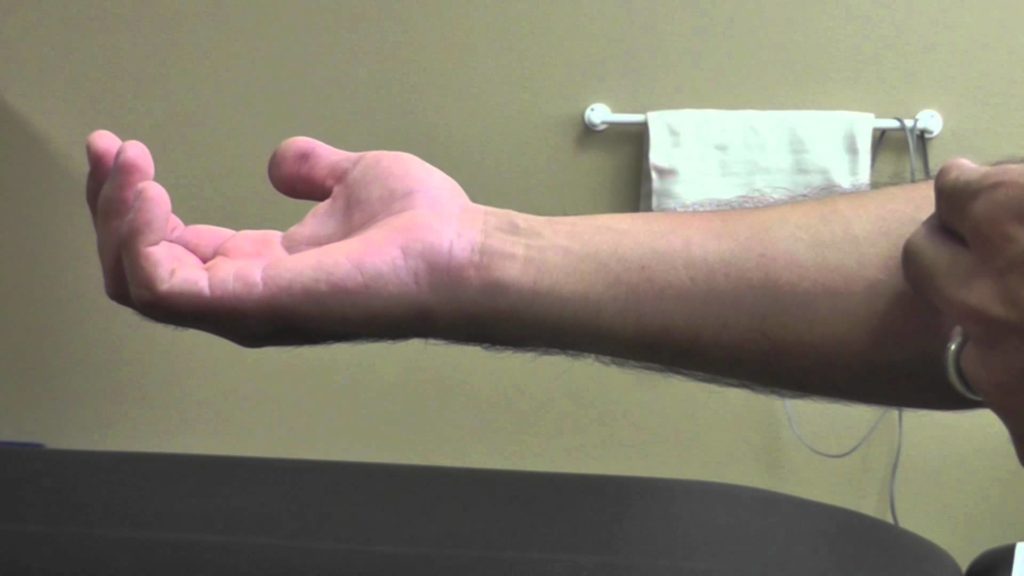Carpal tunnel syndrome (CTS) is a common condition that causes a tingling sensation, numbness and sometimes pain in the hand and fingers.
These sensations usually develop gradually and start off being worse during the night. They tend to affect the thumb, index finger and middle finger.
Other symptoms of carpal tunnel syndrome include:
pins and needles (paraesthesia)
thumb weakness
a dull ache in the hand or arm
Read about the symptoms of carpal tunnel syndrome.
When to seek medical advice
See your GP if you’re experiencing persistent symptoms of CTS. They can usually diagnose CTS by asking about your symptoms and examining your hand, wrist or arm.
Further tests in hospital may be required if the diagnosis is uncertain or to help rule out other conditions.
Read about diagnosing carpal tunnel syndrome.
Causes of carpal tunnel syndrome
Carpal tunnel syndrome is caused by compression of the median nerve, which controls sensation and movement in the hands.
The carpal tunnel is a narrow passage in your wrist made up of small bones and a tough band of tissue that acts as a pulley for the tendons that bend the fingers.
In most cases, it isn't known why the median nerve becomes compressed. However, some things do increase the risk of CTS.
This includes:
a family history of CTS
pregnancy - up to about 50% of pregnant women develop CTS
injuries to the wrist
other health conditions, such as diabetes and rheumatoid arthritis
strenuous, repetitive work with the hand
CTS is more common in women and becomes more likely as you get older.
Read about the causes of carpal tunnel syndrome.
Treating carpal tunnel syndrome
In some cases, CTS disappears without treatment, or the symptoms reduce by introducing simple self care measures.
CTS in pregnant women often gets better within three months of the baby being born. Treatment may be needed if it persists for more than a few months after delivery.
Non-surgical treatments, such as wrist splints and corticosteroid injections, are effective for some people with CTS.
Surgery may be required if these treatments fail to relieve the symptoms. It may also be used if there's a risk of permanent nerve damage.
Read about treating carpal tunnel syndrome.
Surgery relieves the symptoms of mild CTS immediately. People with severe nerve damage can take a while to recover, or there may not be any improvement.
Depending on which hand was operated on and what your job involves, you'll usually be able to return to work within a few weeks of surgery.
